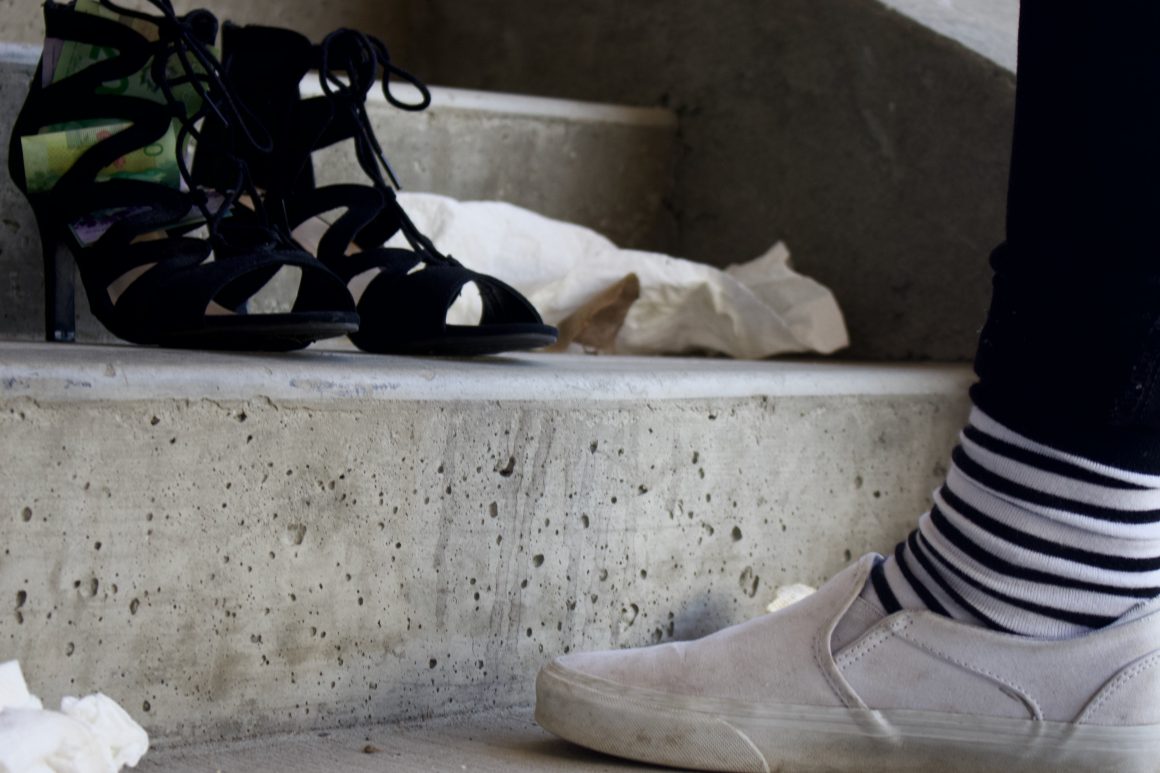
Does anybody really want to work these days?
By Anjali Choudhary, April 24 2022—
Kim Kardashian is not only a billionaire who comes from a wealth of privilege, but as of last month, she is also apparently an expert on business advice for women. In an interview with Variety she stated that “it seems like nobody wants to work these days,” followed by a real slap in the face — telling women to just get up and work.
Aside from the popular soundbite, Kardashian goes on to talk about creating non-toxic workplaces and surrounding yourself with work-oriented individuals. Is this good advice? Sure, for a woman who comes from familial wealth which allows her to turn her passions into a job without worry. But, for the disproportionately large number of women who have faced layoffs due to the pandemic, this advice was purely insulting.
Whether the Kardashians meticulously planned this interview as a PR stunt to gain traction for their new show, or whether they are truly that out-of-touch with the realities of the working middle-class is hard to decipher. Nonetheless, the reality star’s attitude raises the highly problematic view many people still hold about the validity of meritocracy.
The meritocratic system — based on the principle that wealth or power is a direct result of individual effort — is easily proven false. If 7 million people are considered “working poor” in the United States, surely it is not because “nobody wants to work these days.”
If, for some reason, lived experiences fail to convince you, studies have made a similar claim for years. In a 2015 report, Oxfam claimed that “fifty percent of the world’s billionaire wealth is found to be non-meritocratic owing to either inheritance or a high presumption of cronyism.”
Regardless of how successful her businesses may be, Kim’s success cannot be linked to pure and simple hard work.
The evidence of systemic barriers in the workplace is seen in every sector — including academia — and impacts every age group. Whether it be race, gender or disability, many uncontrollable factors impact the wealth and quality of life of working-class groups, playing a heavy hand in the outcomes of their lives. Unlike the ultrarich community the Kardashians fall into, most people do not have a financial security blanket to rely on and avoid toxic work environments.
Before people make claims of this being another oh-so-evil ploy by cancel-culture, it is important to realize the implications of Kim’s statements. It is no coincidence that this interview has completely blown up. The Kardashians are a household name with large popularity, especially among younger women. While her words are blatantly absurd to many, to some, statements like this may create a false version of what reality is in our modern capitalistic society — largely exploitative and unfair.
According to Forbes, Black post-secondary graduates have almost double the rate of post-grad unemployment rates in comparison to their white peers. Following the meritocratic ideals, both parties are led to believe that the systematically disadvantaged group is not working hard enough to achieve employment. But, if simply having a certain name blocks you from getting your foot in the door, neither your qualifications nor your efforts play any role.
Unfortunately, the harsh reality of academic and employment discrimination has not made the leaps and bounds in progress that would even allow for the prospect of meritocracy to account for individual success.
On the flip side, working too much may also harm post-secondary students. Having to financially support yourself by working — often for minimum wage — on top of classes and extracurriculars places a disproportionate burden on those students.
Dr. Anthony Carnevale from Georgetown University found that 59 per cent of low-income students who work above 15 hours a week had an average grade of C or lower, because of less time available to devote to course work. While it is true that grades are not entirely reflective of knowledge or effort, the circumstances for these students have an undeniable impact on their education.
I wonder if Kardashian would tell the full-time university student working two part-time jobs to get up and work in order to be as successful as her — who didn’t even go to law school and used her high-profile connections to help her pass the bar exam.
The Kardashian family will undoubtedly recover from the backlash they received and continue to prosper as billionaires. Nevertheless, calling out the harmful ideals of meritocracy perpetrated by the wealthy helps to advance the conversation around equality in the workplace. For now, I suggest the media personality limit her business advice to her circle of rich elites who may actually need to get up and work.
This article is a part of our Voices section.
